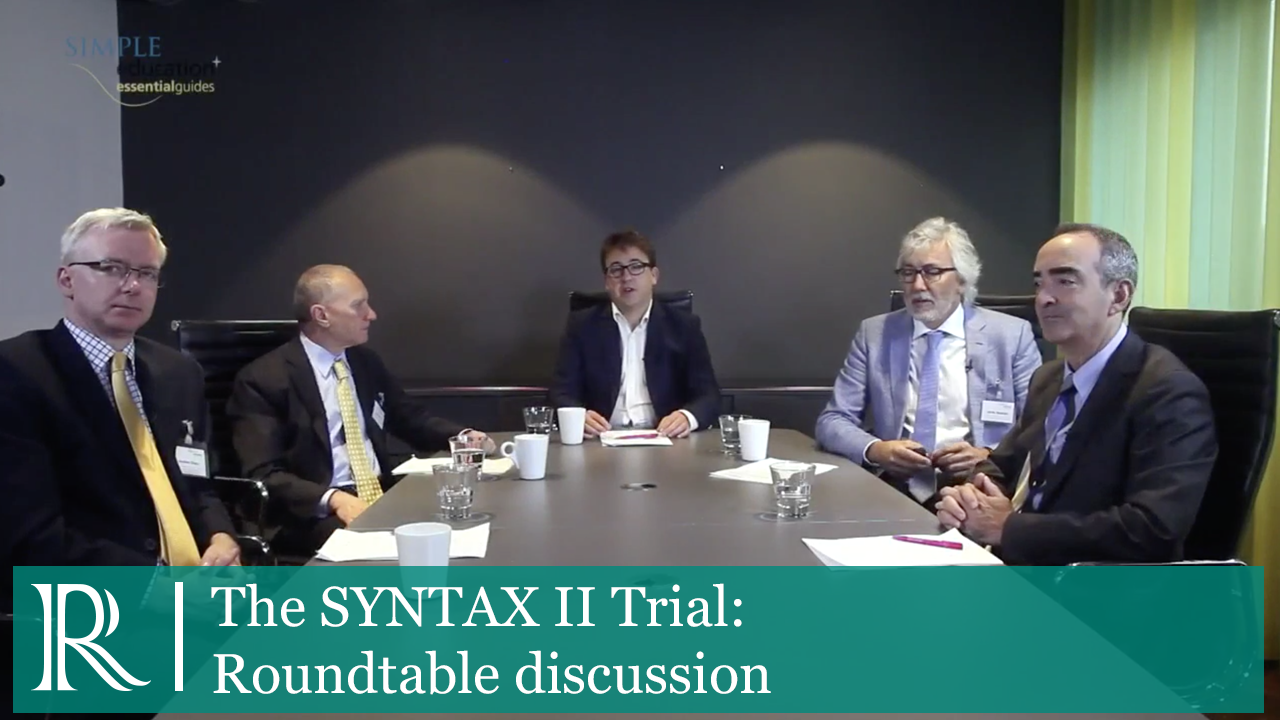Roundtable Discussion: The SYNTAX II Trial
Published: 30 October 2017
-
Views:
 272
272
-
Likes:
 7
7
-
Views:
 272
272
-
Likes:
 7
7
Overview
During the "Advances in Coronary Physiology" course in London, (11th September 2017), Simple Education, in association with Radcliffe Cardiology, filmed a roundtable discussion focused around the impact of the SYNTAX II clinical trial results presented at ESC 2017 in Barcelona, Spain.
This discussion was moderated by Dr Justin Davies (London, UK) who was joined by an expert group of physicians including Prof Javier Escaned (Madrid, ES), Prof Amir Lerman (Minnesota, US), Dr Bruce Samuels (Los Angeles, US) and Dr Andrew Sharp (Exeter, UK).
The meeting comprised of five panel discussions on a range of topical issues related to the trial results and the use of imaging and physiology.
This educational activity is intended for an international audience, specifically interventional cardiologists and cardiologists. However, other healthcare professionals involved in the care of coronary artery disease (CAD) patients will also find this topical.
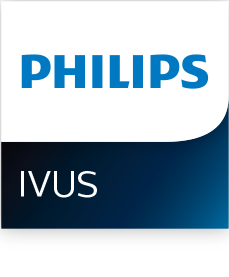
Learning objective
The assigned learning objectives for this roundtable are listed for your information:
- To increase awareness of the key outcomes from Syntax 2
- To discuss the data in wider historical context
- To discuss clinical implications of this data
- To summarise and debate future research to be conducted as a result of Syntax2
Panellists
- Dr Justin Davies (London, UK)
- Prof Javier Escaned (Madrid, ES)
- Prof Amir Lerman (Minnesota, US)
- Dr Bruce Samuels (Los Angeles, US)
- Dr Andrew Sharp (Exeter, UK)
More from this programme
Part 1
SESSION 1
Part 2
SESSION 2
Part 3
SESSION 3
Part 4
SESSION 4
Faculty Biographies
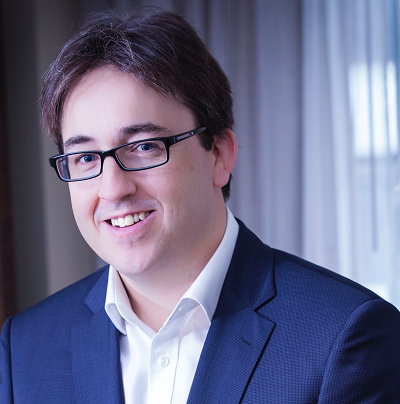
Justin E Davies
Dr Justin Davies is a Senior Research Fellow and Consultant Cardiologist at Imperial College London. He also completed his undergraduate training and continued on to complete his PhD at Imperial after being awarded a British Heart Foundation research fellowship.
Now a leading clinical academic in the field of interventional cardiology, Dr Davies has pioneered several new techniques, including coronary wave intensity and instantaneous wave-free ratio (iFR). He is also published extensively in the field of hypertension and coronary and large artery physiology.
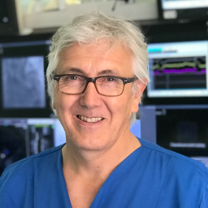
Javier Escaned
Head of Interventional Cardiology
Prof Javier Escaned is Head of the Interventional Cardiology Section at Hospital Clinico San Carlos (Madrid, Spain). He trained as a cardiologist in the United Kingdom (Queen Elizabeth University Hospital, Birmingham and Walsgrave Hospital, Coventry) before moving to the Thoraxcenter/Rotterdam (The Netherlands), where he obtained his PhD degree in 1994.
He has authored over 300 scientific articles, books and book chapters on different aspects of interventional cardiology; his latest contribution is Coronary Stenosis. Imaging, Structure and Physiology, a large textbook endorsed by the European Association of Percutaneous Cardiovascular Interventions/European Society of Cardiology (EAPCI/ESC), with its latest edition published in 2015. His main interests in the field of interventional cardiology include intracoronary imaging and physiology, complex percutaneous coronary intervention including chronic total occlusion recanalisation, and acute coronary syndromes.
He…
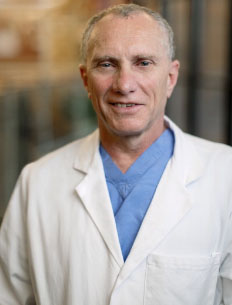
Amir Lerman
The research interests of Amir Lerman, M.D., are centered on coronary physiology and the role of the endothelium in regulating coronary vascular tone. Dr Lerman and colleagues use state-of-the-art technology, including intracoronary Doppler, intracoronary pressure assessment and intravascular ultrasound. Research is carried out in the Center for Coronary Physiology and Imaging, part of Mayo Clinic's Cardiac Catheterization Laboratory, which is dedicated to collecting and analyzing data.
Dr Amir Lerman is on the Editorial Board of European Cardiology Review.
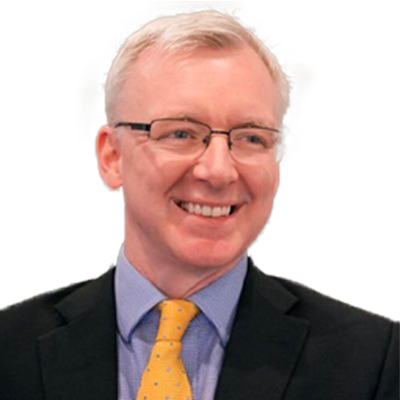
Andrew SP Sharp
Professor of Cardiology
Prof Andrew Sharp is a Professor of Cardiology at the University College Dublin and The Mater Misericordiae Hospital, Dublin, IE. Andrew qualified from Edinburgh Medical School in 1998. He was appointed as a Consultant Cardiologist at the Royal Devon and Exeter Hospital in 2011 and Honorary Associate Professor by the University of Exeter in 2018 before moving to the University Hospital of Wales in Cardiff in the summer of 2019.
Andrew conducted his early training at the Royal Infirmary of Edinburgh, before moving to London for his senior clinical training, completing the prestigious Milan-Imperial Interventional Cardiology Fellowship programme. Dr Sharp was awarded an MD postgraduate research degree from the University of Edinburgh for his work on the hypertensive heart and his current research interests include device-based treatments for hypertension, pulmonary embolism, intracoronary imaging and coronary physiology.
Andrew's specialist interests include the…






